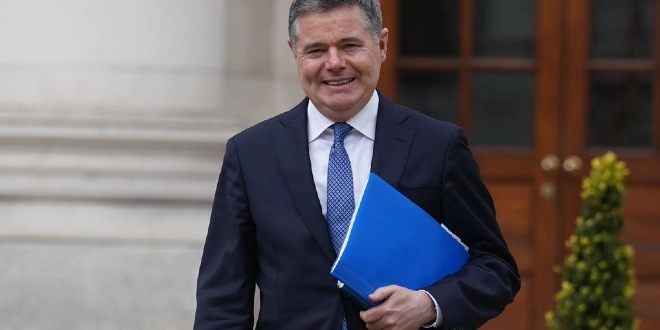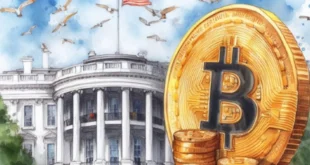Minister for Finance Paschal Donohoe has confirmed that the Irish Government is not currently considering introducing a new wage subsidy scheme in response to the recent US tariffs imposed on European Union imports. Speaking on RTÉ’s This Week programme, Donohoe emphasized that the current situation differs from the Covid-19 pandemic and that broad wage subsidies, like those used during that time, would not be suitable now.
While the Minister acknowledged that the US’s 20% tariff on EU goods, announced by President Donald Trump, would impact growth and job creation, he stressed that Ireland’s economy remains in a solid position. With 2.8 million people employed and the public finances in surplus, Donohoe said the country is approaching this challenge from a place of strength.
Seeking a Balanced and Proportionate Response
Donohoe also highlighted the importance of a measured EU response to the tariffs. While he didn’t rule out further measures, he insisted that any retaliation must be proportionate and phased in carefully. He underlined the necessity of negotiations to avoid a prolonged global trade conflict, warning that the US could take additional steps, and the EU’s response may take time to organize.
The Government is prioritizing support for businesses by helping them find new markets, which Donohoe described as crucial in mitigating the impact of the tariffs.
Tánaiste Simon Harris is expected to travel to the United States in the coming week for a key meeting with US Secretary of Commerce Howard Lutnick, where he will reinforce Ireland’s position and emphasize the strength of EU-US economic ties. Donohoe said Harris is in regular contact with the European Commission and will convey both the Irish and EU-wide perspectives on the issue.
Concerns for Northern Ireland and Domestic Measures
Northern Ireland’s Economy Minister Caoimhe Archibold also expressed concern about the effects of the tariffs, describing the current economic outlook for businesses across the island as very challenging. She warned of potentially significant consequences for the Northern Irish economy.
Domestically, Donohoe reiterated his commitment to a proposed VAT cut for the hospitality industry, stating that the October Budget would include a full economic assessment to ensure affordability and sustainability of any such measures.
On other matters, the Finance Minister said plans to add two additional days of paid sick leave are under review, with Minister for Enterprise and Jobs Peter Burke set to present proposals soon. Donohoe also acknowledged that the issue of health warnings on alcohol products, which the drinks industry has pushed to delay due to economic uncertainty, is likely to be reassessed in the near future.
 The Daily Star Ireland
The Daily Star Ireland

